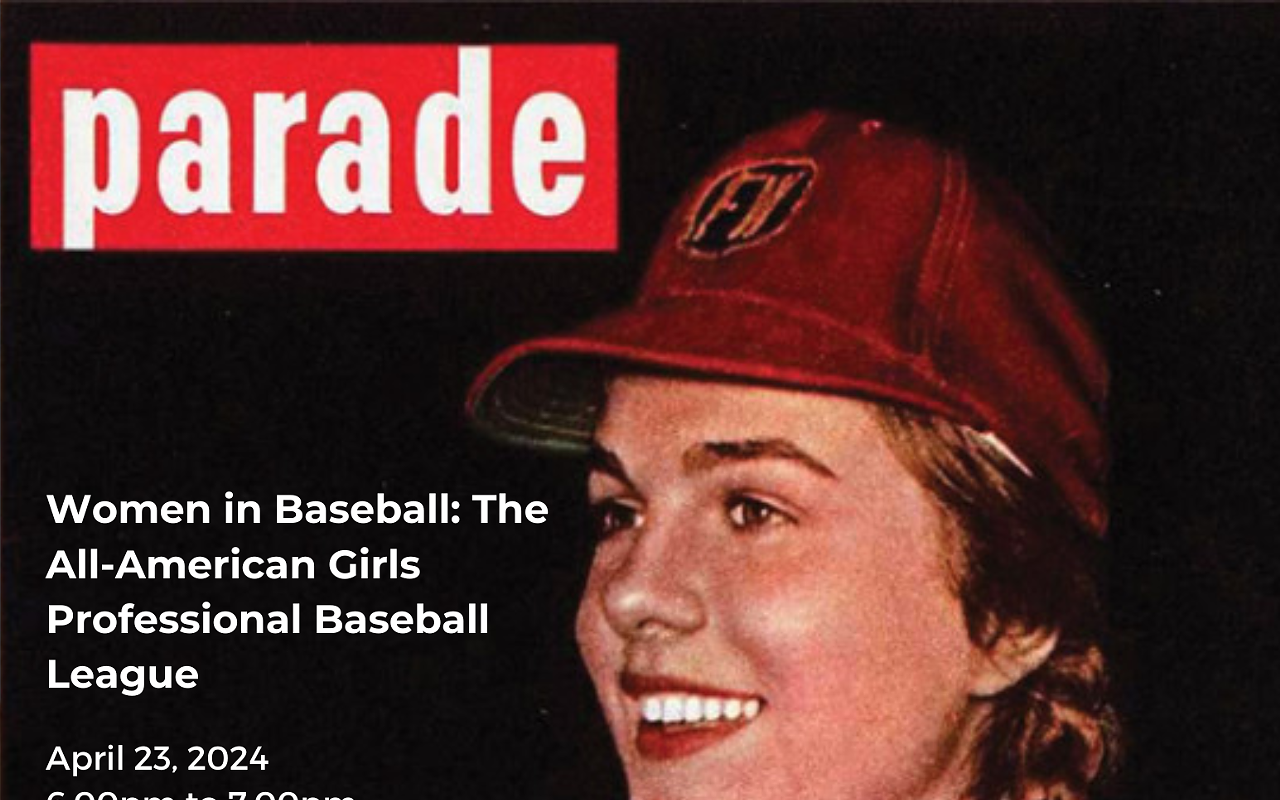Turns out the election was rigged, after all. Voters were asked to chose from among four candidates, and the one who was awarded the most votes was – Illinoisan Hillary Clinton. She lost, however, in the only tally that counts, the Electoral College.
The college was set up by the Founders as a political hedge. Essentially its role was to protect smaller states from domination by larger states, it being assumed that voters in states like New York would favor their own native sons. It also stood as a bulwark against the rabble. The founders did not trust an inflamed populace, so they left the choice instead to presumably wiser heads who vote in their stead. States were given as many electoral votes as each had representatives in the two houses of Congress.
What made sense – barely – as a democratic safeguard when there were 13 states makes no sense now that there are 50. Less populous states get the same two votes for their U.S. Senators as the states where most of our people live. Illinois’s population, for example, is more than 21 times larger than Wyoming’s, but we cast less than 7 times the number of electoral votes. That biases the college toward rural states that are more white, more religious, less educated and less wealthy than the nation as a whole.
A measure intended to protect voters in small states from being shut out of the national elections today shuts out voters in larger states like Illinois. As a result, in the seven most recent presidential elections, the Democratic candidate has earned more votes six times, but they’ve won only four of them.
Don’t hope for reform. Those same small states would have to approve any constitutional amendment that would be require to eliminate the Electoral College.

















